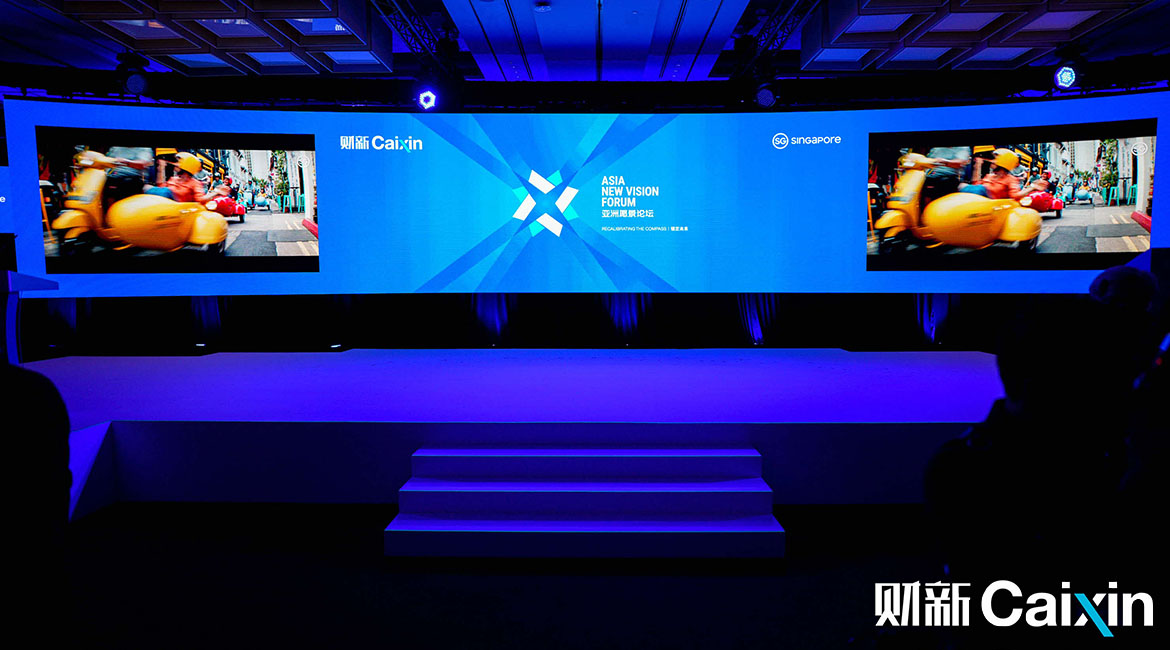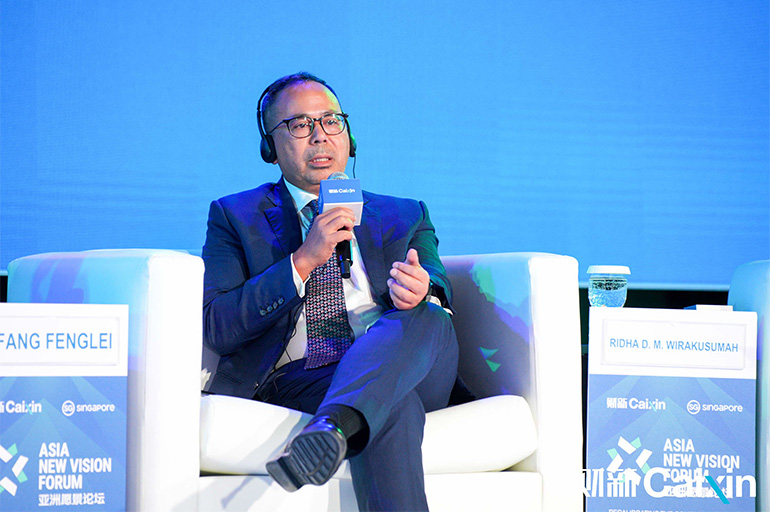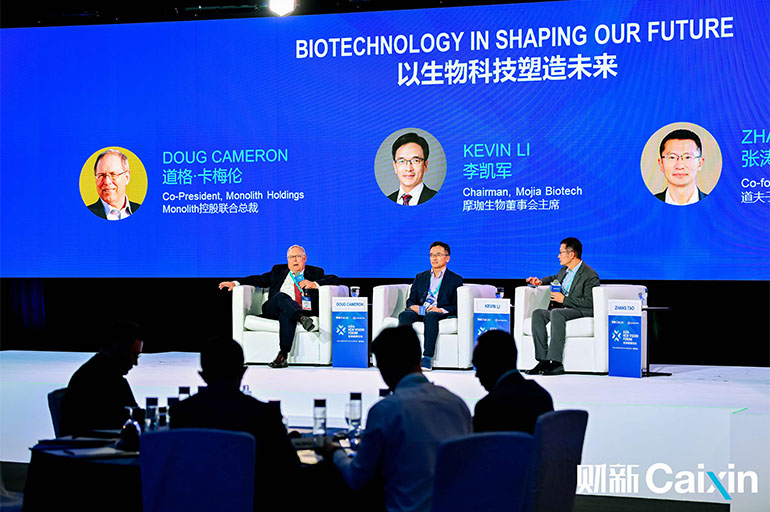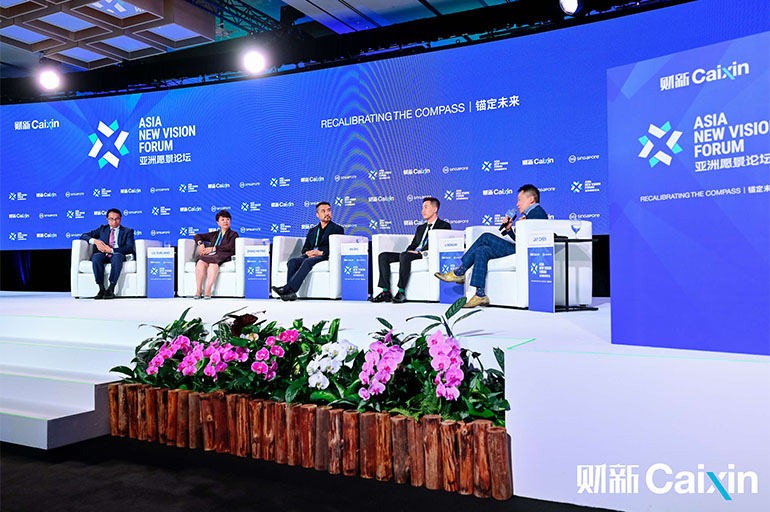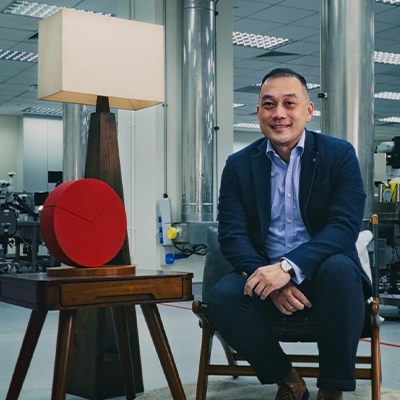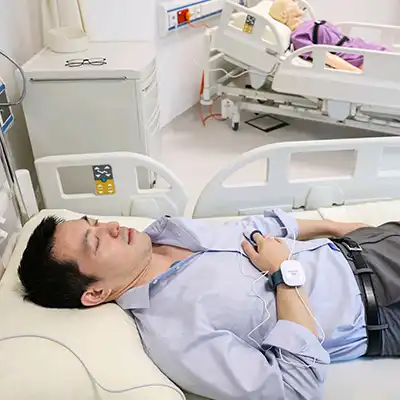Caixin Global, a Chinese media organisation, hosted its first Asia New Vision Forum (ANVF) in Singapore from June 12 to 13, 2023. Themed “Recalibrating the Compass”, the forum brought together policymakers, business leaders and renowned scholars from East and West to take the pulse of current geopolitical, business and sustainability trends and discuss how collaboration can drive future innovation. The forum sessions also allowed for the exchange of ideas and brokering of partnerships across trade, technology, and sustainability. Here are some key takeaways:
Healthcare
Why have MedTech, pharma and biotech firms chosen Singapore as their base to serve patients around the globe?
Cao Lin, Founder, Chairman and General Manager of Nanjing Vazyme Biotech, a biotechnology company specialising in the development and production of enzymes and antibodies, cited several reasons for why his company intends to make Singapore its launchpad to go global.
Mr Cao pointed to Singapore’s strong manufacturing base, and well-connected transportation and logistics networks that ensure the fast delivery of products for biomedical companies.
